AMSTERDAM
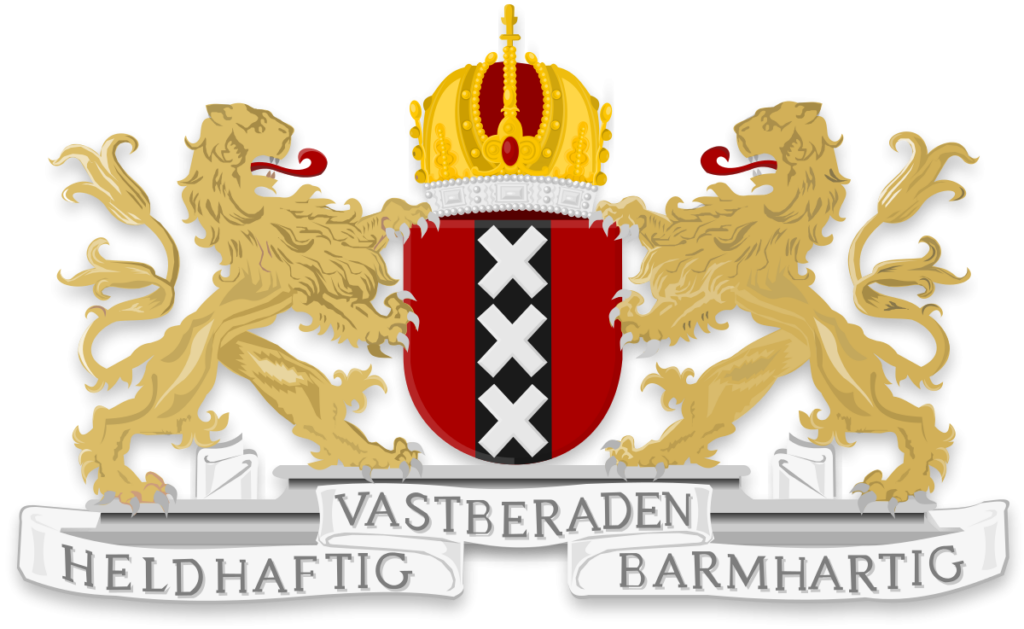
Amsterdam is the capital and most populous city of the Netherlands with a population of 872,680. Located within the province of North Holland, Amsterdam is colloquially referred to as the “Venice of the North”, attributed by the large number of canals which form a UNESCO World Heritage Site.
The background
The city has an extensive history of experiences and best practices on civic involvement and cooperation towards city challenges. The city has developed many participative democracy focused projects and programs for the last 10 years. In particular, the ‘MakeYour City’ program in which many local buildings and/or spaces were involved. The City already implemented many relevant best practices in the field of urban co-governance applied to urban assets and facilities.
In the initial Transferability Study, Amsterdam was given a rating of A- in terms of transfer potential due to its good starting point in terms of policy and stakeholders. This is why it became one of the Mature Cities for Civic eState.
1. The starting point
The city has been working for several years on citizen participation. The city desired finding new ways to allow citizens to use its assets and to empower active citizenship. Just before joining the project, the election of a new major made this one of the priorities. The aim is to form a new bond with citizens, acknowledge the commons and make way for them in a practical and inspirational way.
Amsterdam did not have a specific policy on Commons at the time. In 2004, the City launched a new city innovation unit: the CTO Office where currently over 40 innovation-minded change agents are employed. One of the major challenges for CTO is addressing the ‘Future Government’ by e.g. participatory labs (changing policy making through direct co-design with citizens).
2. Transfer journey
The City Council had a strong desire to form a new bond with citizens and give them more freedom to ‘use’ the assets the city provides, with the aim to become a ‘co-city’ and develop innovative ways of working together on creating public value. The city of Amsterdam has a strong belief that the new form of participatory governance that was developed in cities like Naples, Barcelona and Ghent can be the same driving force for the social and economic development of the city.
Objectives:
- strengthening Amsterdam’s ecosystem of commons and commoners;
- sharing of (international) experiences on needs and possibilities
- research on (potential) policy measures
3. Transfer Journey time-line
The following section is dedicated to the main phases of the transfer journey.

January 2021 – July 2021
Communication about the project/ organising ULGs /codesigning possible policies/ organising workshops/disseminating results. Organising events and projects on commons: research on feasibility of Madrid/Naples ‘model’ in AMsterdam. Organising events, co-designing co-city desk.
September 2020 – December 2020
Communication about the project/ organising ULGs /codesigning possible policies/ organising workshops/movie on Amsterdam commons/disseminating results. Ongoing and new talks with banks and funds. Participating in events and ULGs, organising own events. Dissemination of results and participation in ULGs and network meetings. Reviewing policies with commoners/civic/ innovators.
January 2020 – August 2020
Communication about the project/ organising ULGs /codesigning possible policies/ organising workshops/ publishing whole commons catalog. Talks with the European Investment Bank. Participation in events and ULGs, organising own events on commons. Research and participation in ULGs and network meetings. PCo-organising events, reviewing policies, talks about the legal framework, cooperation amongst commoners.
September 2019 – December 2019
Research/ organising ULGs /codesigning possible policies/ organising workshops/ organising whole commons catalog. Talks and events with several funds and banks and financial institutions on ‘financing commons’. Research and participation in ULGs and network meetings. Reviewing policies. Stakeholders involved: public, private, knowledge institutions, social organizations, commoners/civic/ innovators.
May 2019 – August 2019
Research/codesigning of project with stakeholders/ organising ULGS /first drafts of policies/ organising workshops. Codesigning project with researchers. Research and participation in ULGs and network meetings with social orgs. Participation in ULGs, organising events, reviewing policies. Stakeholders involved: public, knowledge institutions, social organizations, commons/civic/ innovators.
January 2019 – April 2019
Research/ stakeholder mapping/ codesigning of project with stakeholders/ organising ULGs. First talks with researchers and social organizations. Participation in ULGs, organising events. Stakeholders involved: public, knowledge/institutions, social organizations, commons/civic/innovators.
September 2018 – December 2018
This phase was characterized by the first ecosystem meetings where several projects were brought on by PHDs on commons in Amsterdam. Daily practice of commoning. Stakeholders involved: public, knowledge institutions, commons/civic/innovators.
4. Transfer outcomes
In order to overcome challenges, the team focused on encouraging participation within our ULG and finding ways to change the narrative surrounding commons. The strategies are:
- Building an active ULG: try to make the ULG meetings a two-way and ‘natural’ step both in the project and in the process of participants by following their pace and interests.
- Internal organisation. The internal organization is developing into a new way of working. We’ve shared the concept policy and are developing an action plan together now with other departments and directorates.
- Knowledge/narrative on commons: the narrative on the commons is an ongoing challenge as even though the catalog already exists, and is very helpful, what is needed is a different perspective and understanding of the city.
5. TRANSFER JOURNEY MAPPING
Co-Gov
From Moderate to Strong
Covid has not made it easier but we still now how to find each other.
Enabling state
From Moderate-Strong to Strong
Amsterdam is a big, complicated organisation with lots of people working for the city of Amsterdam. You can find your allies but when it comes to budgets and finances, things become more delicate.
Soc&econ pooling
From Moderate to Moderate-Strong
There is a strong network of city makers, city making civil servants, social entrepreneurs and the like.
Experimentalism
From Strong to Strong
We’ve worked together with other stakeholders a lot. At the moment we are doing research on the impact of commons on the donut model of Kate Raworth and the especially on the inner circle.
Tech Justice
From Moderate to Moderate
We want to be strong on this point, but also Covid has shown – people without access to internet/laptops/etc. – that this is still something to improve.
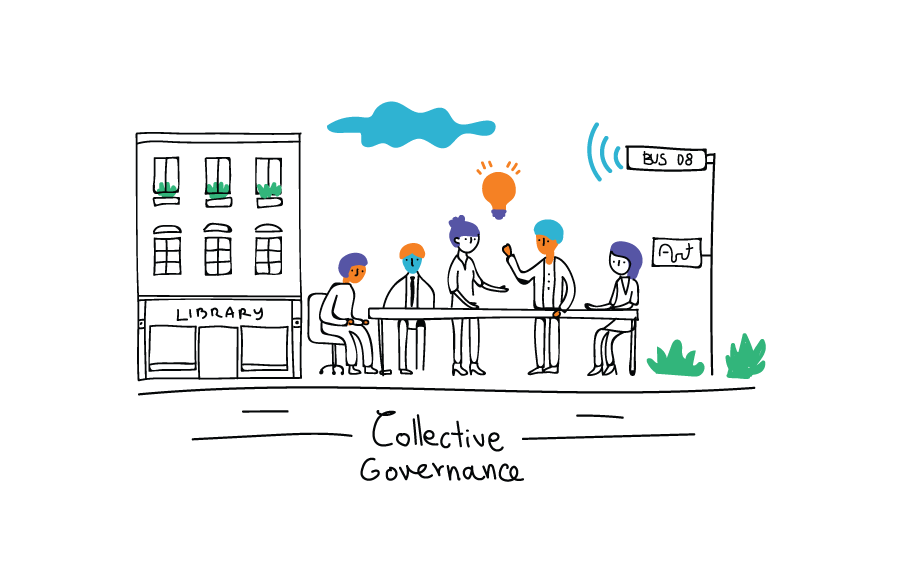
From Moderate to Strong
Co-Gov
Covid has not made it easier but we still now how to find each other.
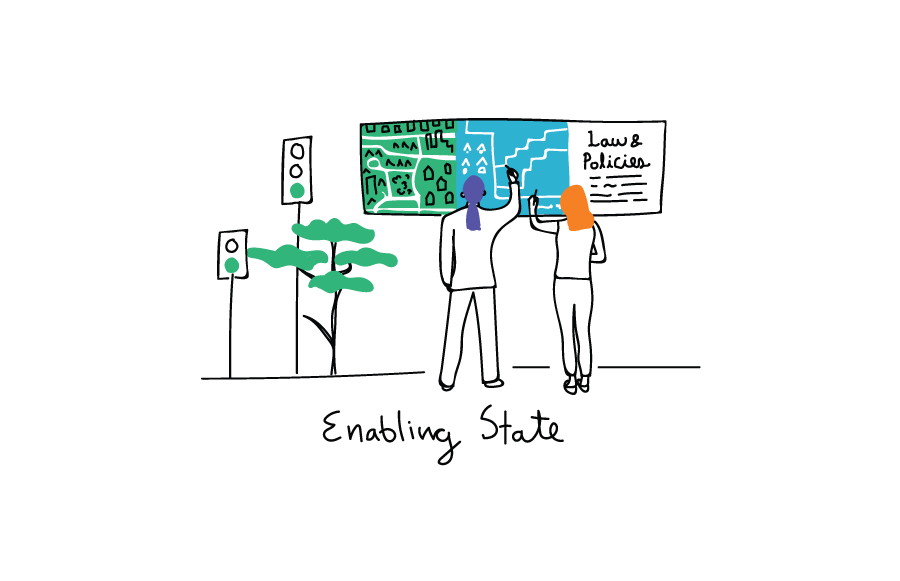
From Moderate-Strong to Strong
Enabling State
Amsterdam is a big, complicated organisation with lots of people working for the city of Amsterdam. You can find your allies but when it comes to budgets and finances, things become more delicate.
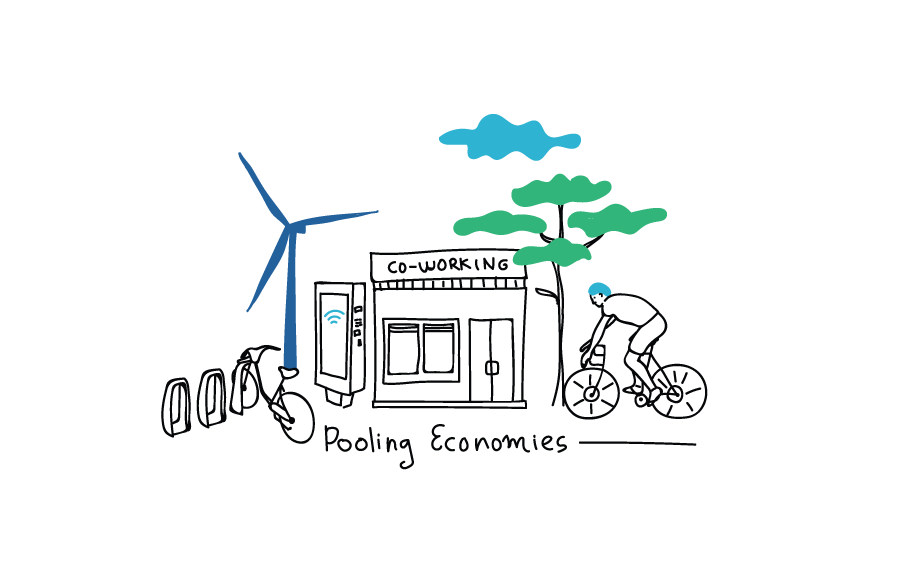
From Moderate to Moderate-Strong
Soc&econ Pooling
There is a strong network of city makers, city making civil servants, social entrepreneurs and the like.
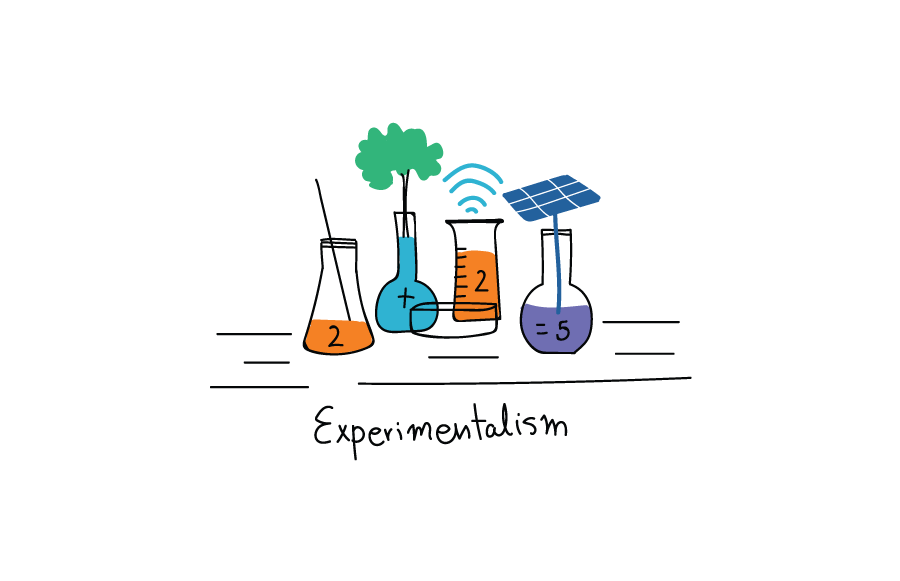
From Strong to Strong
Experimentalism
We’ve worked together with other stakeholders a lot. At the moment we are doing research on the impact of commons on the donut model of Kate Raworth and the especially on the inner circle.
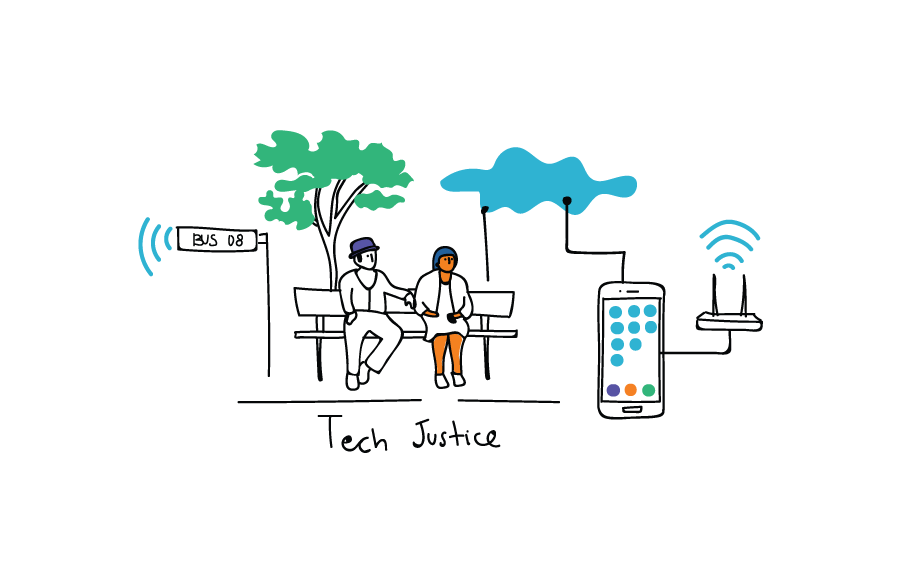
From Moderate to Moderate
Tech Justice
We want to be strong on this point, but also Covid has shown – people without access to internet/laptops/etc. – that this is still something to improve.

From Moderate to Strong
Co-Gov
Covid has not made it easier but we still now how to find each other.

From Moderate-Strong to Strong
Enabling State
Amsterdam is a big, complicated organisation with lots of people working for the city of Amsterdam. You can find your allies but when it comes to budgets and finances, things become more delicate.

From Moderate to Moderate-Strong
Soc&econ Pooling
There is a strong network of city makers, city making civil servants, social entrepreneurs and the like.

From Strong to Strong
Experimentalism
We’ve worked together with other stakeholders a lot. At the moment we are doing research on the impact of commons on the donut model of Kate Raworth and the especially on the inner circle.

From Moderate to Moderate
Tech Justice
We want to be strong on this point, but also Covid has shown – people without access to internet/laptops/etc. – that this is still something to improve.
Do you what to know more about Amsterdam?
Read all the details of the journey with the city of Amsterdam.
